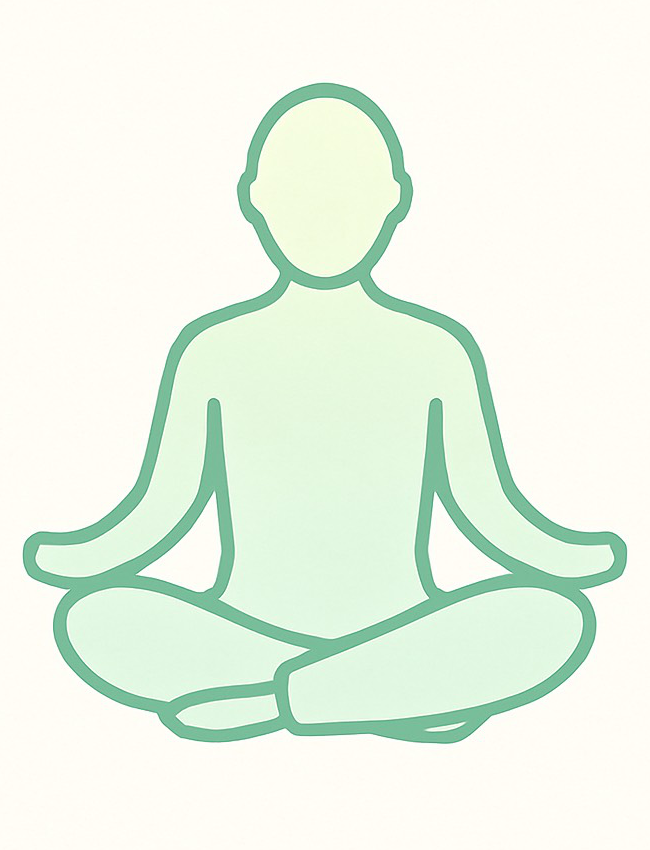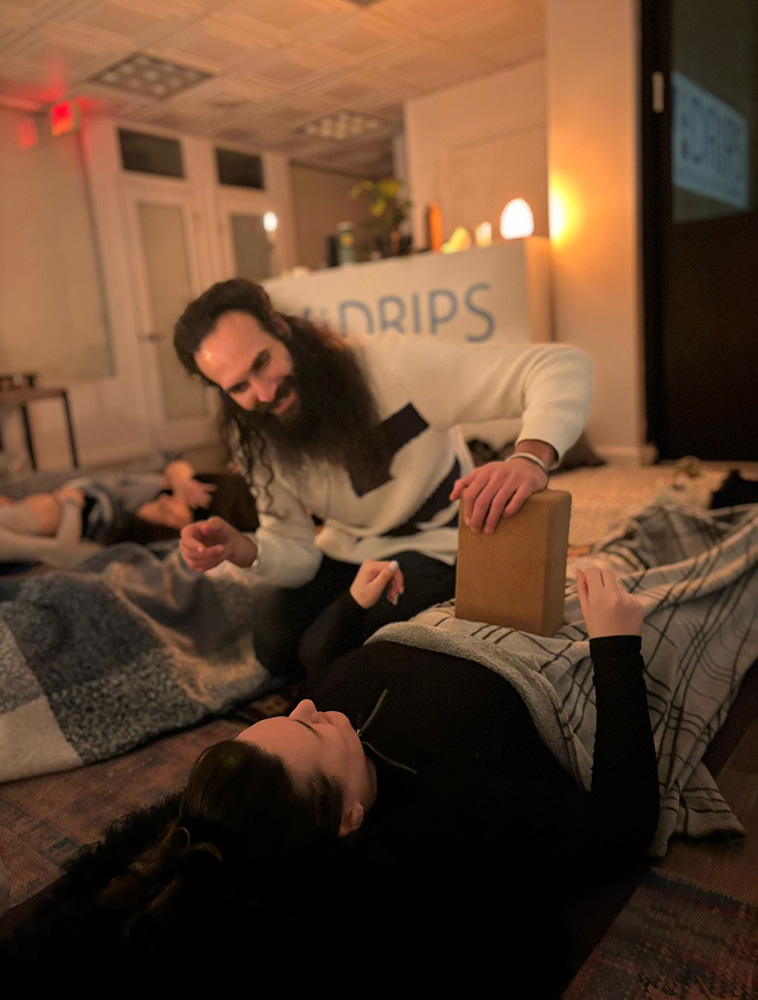Everyone sometimes feels fear and anxiety because it is the body’s natural response to danger and stress. However, those with panic disorder constantly feel these adverse emotions.
Anxiety requires prompt treatment because if left untreated, it usually gets worse to the point of becoming debilitating. The sooner someone with anxiety gets help, the easier it is to recover.
Panic attacks occur suddenly and unexpectedly, triggering extreme physiological responses in the face of no apparent risk (in harmless and stress-free situations). It is terrifying to have a panic attack. You could feel like you are losing control, suffering a heart attack or even dying. As a result, many who have experienced a panic attack become fearful of any situation that may trigger another episode. This constant worrying can adversely affect one’s quality of life.
My experience working with Earth’s Edge Wellness was life-changing. My trauma from childhood abuse, sexual assault and an abusive marriage took all the things in my life that I loved and left me broken. I wanted complete healing for years and a new life, but I didn’t know how to make that happen on my own. I started their course, Connect Within, in May 2024, just after my daughters suicide attempt, thinking that I would learn techniques that would help me live a full life with PTSD, but what I actually experienced was a complete transformation physically, emotionally, mentally, and spiritually. The daily practices I learned helped me safely connect to my body and gave me the courage and tools to do what I am called to: heal out in the open and use that to inspire others as a professional speaker. After the course I could go on trips by myself with my service dog, and enjoy the fact my daughter is still here and I am the luckiest Mom in the world. This program doesn’t just treat your mental health struggles; it is soul healing, which is why I think it is so effective. You stay well when your soul heals. Yes, it was showing up for myself every day, choosing to shift my mindset from “I have PTSD” to “I am experiencing post-traumatic growth,” and chasing the chance to live a life where I am no longer trapped inside myself. But I am worth it. And so are you.

STEP 1
Signature assessment to map your mind-body system

STEP 2
Targeted, results-driven interventions that address underlying causes and restores balance

STEP 3
Leave with a personalized practice – built for lasting clarity, vitality, and peace
Symptoms of Anxiety and Panic Attacks
The emotional and physical experience of anxiety is subjective. Each person will feel symptoms according to their nature and situational factors.
The most common physical effects of anxiety can include:

The most common mental effects of anxiety can include the following:
Chronic anxiety symptoms can significantly affect your day-to-day life. For example, they can make accomplishing routine tasks like looking after yourself and your living space, keeping a steady job (because it impacts your ability to work), maintaining and forming new relationships, being open to new experiences and enjoying time off (being leisurely).
Why holistic treatment is more effective than western treatments alone
- The cookie-cutter treatment model has strict inflexible programming, but a holistic model accounts for someone’s personal lifestyle, wellness and life integration.
- Western mental health treatment is largely determined by insurance payout, despite claiming to be individualized, while holistic treatments are simply based on what a given individual needs help with.
- Western mental health treatments are limited to current western techniques, limiting people from receiving adequate care and healing that has been used for centuries across the globe by people of all times, races, creeds and cultures.
- Current mental health treatments foster codependency by relying on practitioners instead of empowering the individual by educating them/him/her enough to care for themselves.
Addressing Anxiety and Panic Attacks with Holistic Treatments and Natural Remedies
Anxiety and panic attacks are three-pronged: A fear of the self (the sensations you have promoted in your body), a mind-body disconnection and a brain-induced nerve loop unnecessarily firing past the point of life functioning.

A Fear of Self
Addressing fear of self requires a reintroduction of getting to know what the self is, both on an intellectual plain and on a physical level, through psychotherapy, coaching, somatic experiencing and yogic techniques.
A Mind-Body Disconnect
Addressing a mind-body disconnect requires increased somatic awareness and a strengthened and balanced nervous system to handle whatever mind-body sensations are to come up. This is done using somatic experiencing, bioenergetic practices, kundalini yoga and shamanic drum journeying.
A Brain-Induced Nerve Loop
Generally, a brain-induced nerve loop stems from the 10th cranial nerve (the “Vagus Nerve”), which does not connect the mind and body efficiently. Once the mind and body communicate effectively again, the brain will no longer send outdated loops.
Contact Earth’s Edge Wellness to Get to the Root of Your Anxiety & Panic Attacks
Earth’s Edge Wellness offers individualized retreats and standard programming that involve holistic anxiety treatments and natural remedies for panic attacks to help you resolve this issue for good. Contact us to begin your journey toward a more relaxed and fulfilling life.















